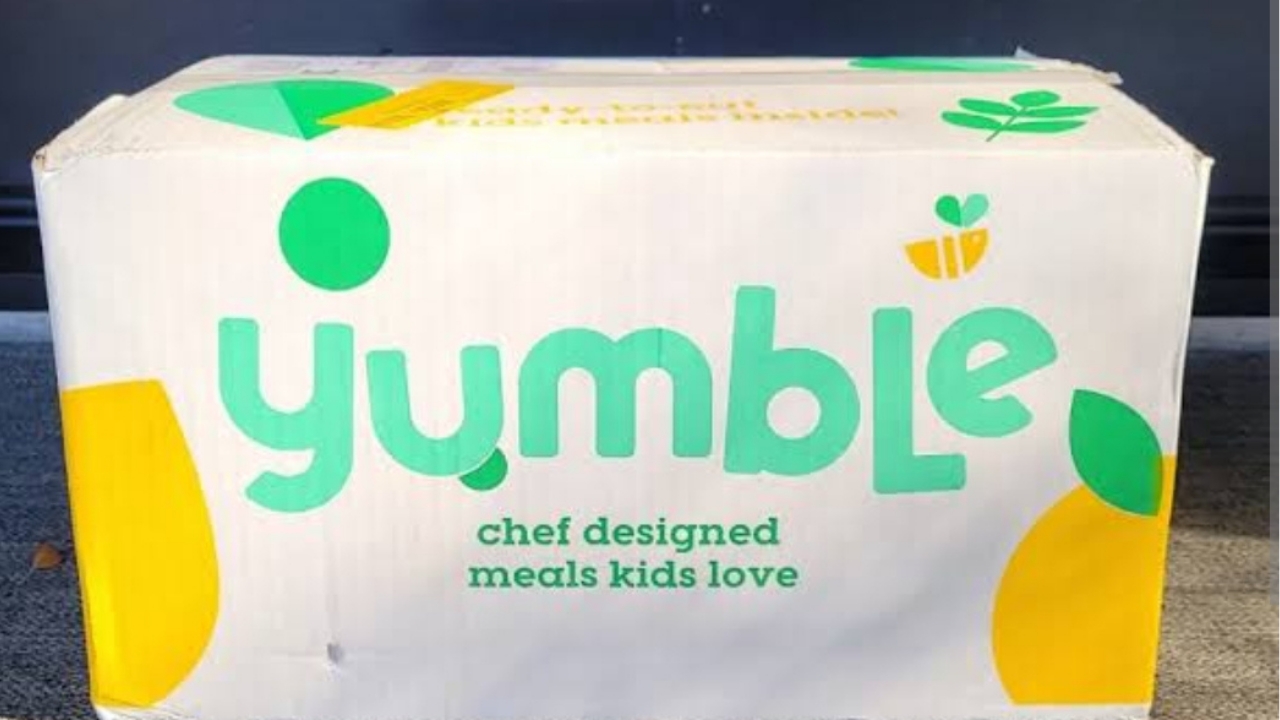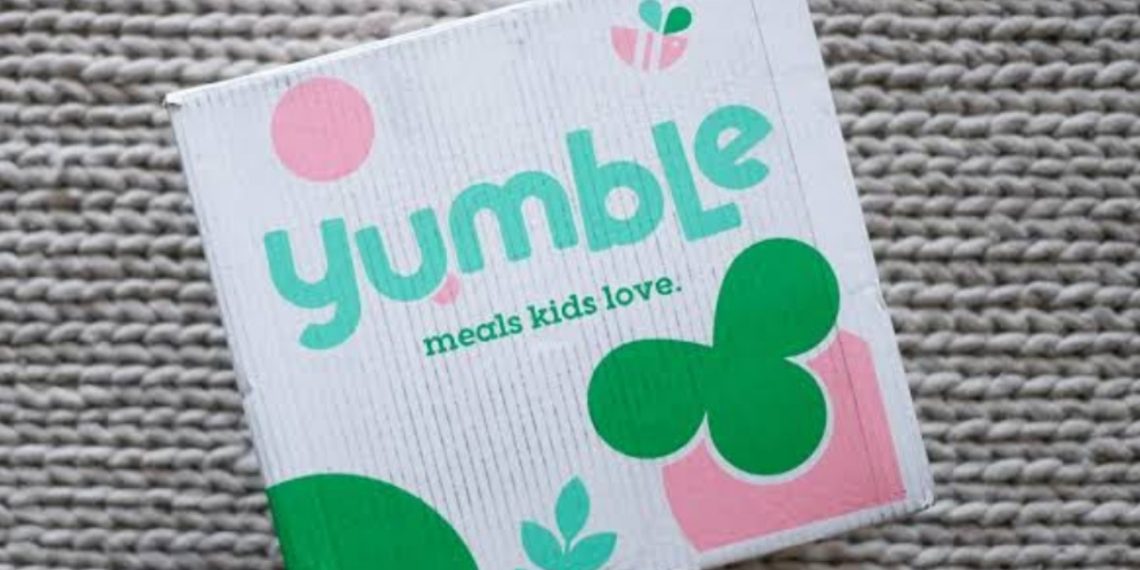Yumble, a children’s food subscription service founded by David Parker and Joanna Parker in 2016, has garnered attention for its innovative approach to providing healthy, convenient meal options for kids.
This company found its place in the highly competitive subscription meal market by focusing on delivering nutritious, pre-portioned meals for children.
As of now, Yumble’s financial trajectory remains of significant interest, particularly following its appearance on Shark Tank.
The Origins of Yumble: A Need for Healthy Meals for Kids
Yumble was born out of Joanna Parker’s personal struggle as a parent trying to provide healthy, balanced meals for her children.
The difficulty of finding nutritious and appealing options for kids led her and her husband, David Parker, to create a solution in the form of a children’s food subscription service.
They envisioned a service that would offer pre-packaged meals, carefully crafted to be both healthy and enjoyable for children, while easing the burden on parents with the convenience of direct-to-door delivery.
The Shark Tank Pitch: Yumble’s Big Break
In December 2018, David and Joanna Parker appeared on Season 10, Episode 8 of Shark Tank. They sought $500,000 for 4% equity in their company, valuing Yumble at $12.5 million.
Their pitch resonated with the sharks due to the growing interest in health-conscious meal services and the increasing demand for convenience, particularly among busy parents.
After a series of negotiations and a revised equity offer, they secured an investment deal with Bethenny Frankel, who agreed to invest $500,000 for a 6% equity stake in the company. This deal valued Yumble at $8.3 million, a slight reduction from the initial valuation.

Post-Shark Tank: Yumble’s Growth and Challenges
Following their appearance on Shark Tank, Yumble experienced significant growth in brand recognition and customer base. The investment from Bethenny Frankel provided not only the capital needed for expansion but also the visibility to attract more customers to their subscription-based service.
Yumble’s model, which emphasized convenience for parents and healthy meals for children, began to resonate with a wider audience.
However, despite the post-Shark Tank surge in visibility, the company faced challenges. Reports surfaced suggesting that Yumble had faced tough competition from other meal subscription services and had to deal with operational and financial difficulties, particularly in keeping up with demand and managing costs.
Net Worth Over Time
Yumble’s financial standing has fluctuated over the years, reflecting both growth and setbacks. Here’s a breakdown of the company’s net worth across various time periods:
2018: Shark Tank Valuation
Before Shark Tank Appearance: $12.5 million
After Shark Tank Appearance: $8.3 million The company was valued at $8.3 million after securing an investment from Bethenny Frankel, marking a pivotal moment in its journey.
2020: Early Pandemic Struggles
Net Worth: $5 million By 2020, Yumble’s valuation had decreased to $5 million, a reflection of the challenges posed by the COVID-19 pandemic, particularly disruptions in supply chains, changes in consumer behavior, and the competitive meal subscription landscape.
2021: Recovery and Stability
Net Worth: $7 million In 2021, Yumble’s valuation began to show signs of recovery, reaching $7 million as it gained momentum in the meal subscription market.
Their revenue stream was bolstered by the continued demand for convenient, healthy meal services, particularly with more parents seeking meal delivery options for their children.
2022: Continued Growth
Net Worth: $7.8 million By 2022, the company’s valuation grew to $7.8 million, reflecting the brand’s improved position in the marketplace and stronger customer loyalty.
Yumble continued to solidify its place as one of the leading kids’ meal subscription services in the U.S., even amidst increasing competition.
Yumble’s Financial Overview: Revenue and Profits
In terms of revenue, Yumble reported annual sales of $8 million in 2021. While the exact profit margins have not been disclosed, this revenue figure highlights the company’s ability to generate substantial income from its subscription-based model.
The lifetime sales reported up to 2018 were $1.3 million, indicating a solid base from which the company could expand after their Shark Tank appearance.
The Role of Bethenny Frankel’s Investment
Bethenny Frankel’s involvement in Yumble as an investor has been crucial in the company’s development.
Not only did she provide the much-needed capital for business operations, but her expertise in the food and beverage industry also played a significant role in guiding Yumble through challenging business decisions.
As a highly successful entrepreneur in her own right, Frankel’s investment gave Yumble credibility and access to a larger network of business resources and guidance.





